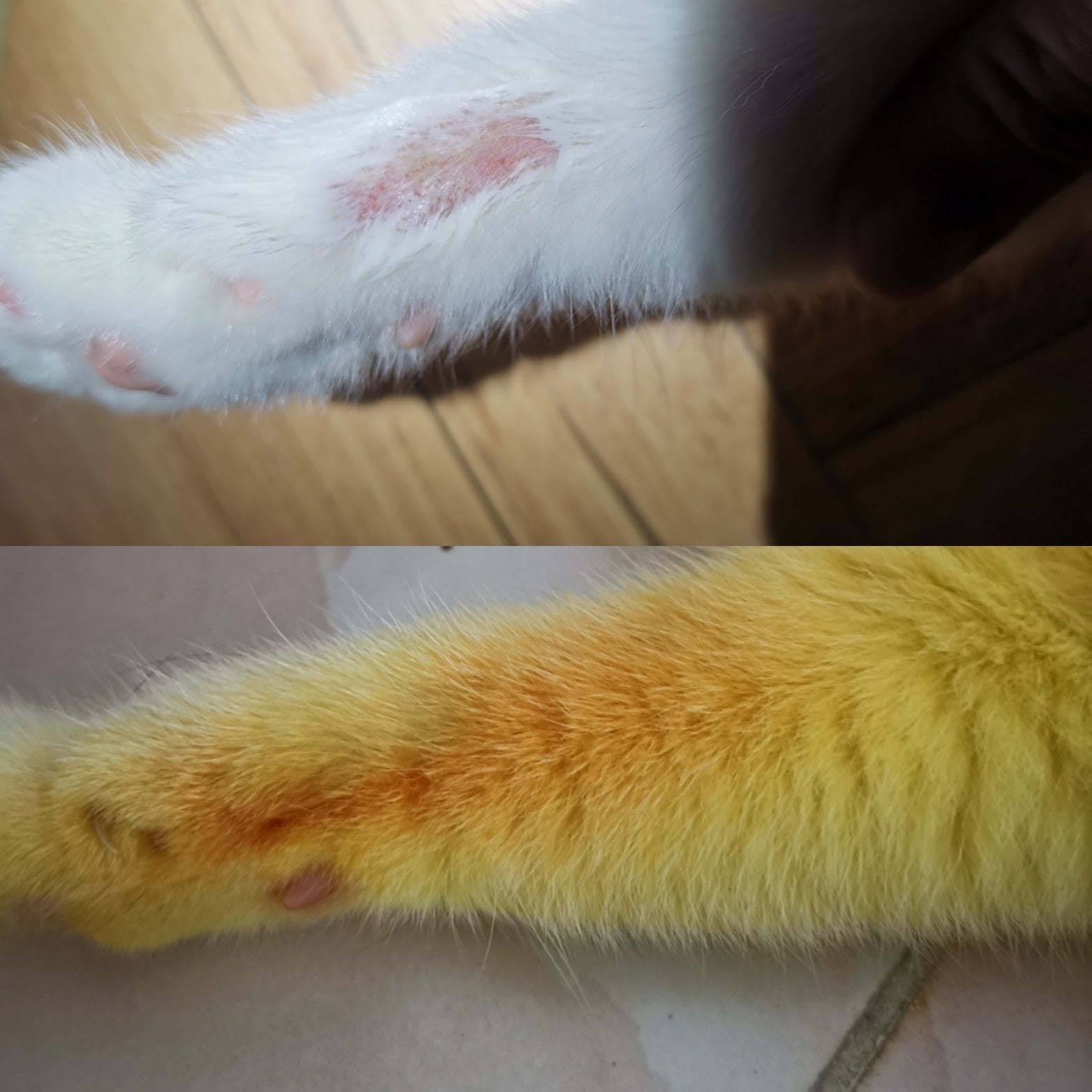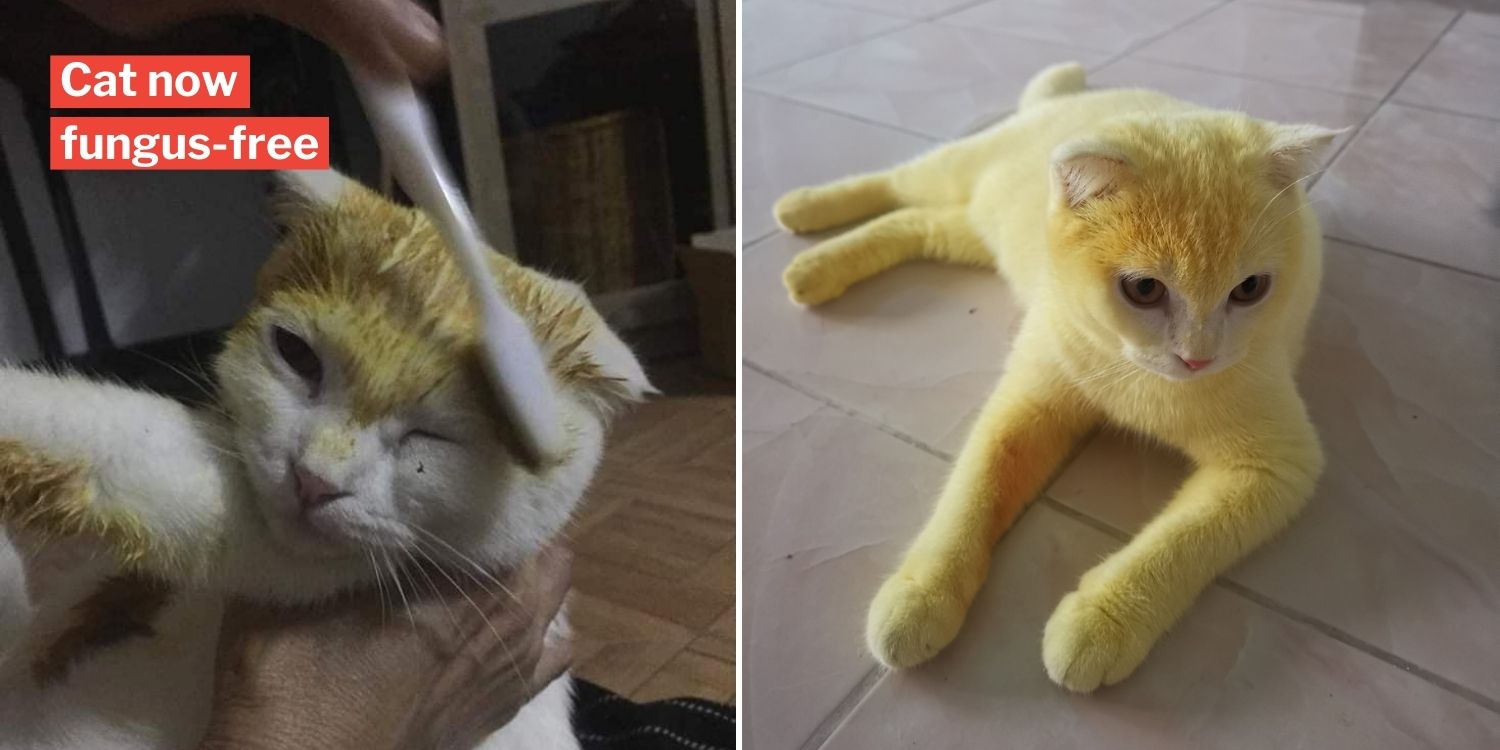Turmeric For Cats: Unlocking The Power Of This Superfood For Feline Health
Turmeric has emerged as a powerful natural remedy in the pet health world, particularly for cats. This vibrant golden spice, traditionally used in human medicine and cooking, is now being explored for its potential benefits in feline wellness. As pet owners seek holistic and natural solutions for their furry friends, turmeric is gaining popularity due to its anti-inflammatory and antioxidant properties.
More than just a spice, turmeric offers a range of potential health benefits for cats when used correctly. However, it's important to approach this natural remedy with caution and understanding. This article delves into everything you need to know about turmeric for cats, including its benefits, risks, dosage guidelines, and expert recommendations.
By the end of this comprehensive guide, you'll have a clear understanding of how turmeric can support your cat's health and well-being, along with practical tips for incorporating it into your pet's routine safely and effectively.
Read also:Tcs Enhancing Business Excellence Through Digital Transformation
Table of Contents
- What is Turmeric?
- Benefits of Turmeric for Cats
- Potential Risks and Side Effects
- Dosage Guidelines for Cats
- How to Prepare Turmeric for Cats
- Scientific Research on Turmeric for Cats
- Expert Opinions on Turmeric for Cats
- Alternatives to Turmeric for Cats
- Frequently Asked Questions
- Conclusion
What is Turmeric?
Origins and History
Turmeric (Curcuma longa) is a spice that has been used for thousands of years in traditional medicine and cooking, particularly in Asian cultures. Native to India and Southeast Asia, turmeric is a member of the ginger family and is known for its vibrant yellow-orange color. The active compound in turmeric, curcumin, is responsible for its powerful anti-inflammatory and antioxidant properties.
Key Components of Turmeric
The primary active ingredient in turmeric is curcumin, which makes up about 2-5% of the spice. Curcumin is a polyphenol that has been extensively studied for its health benefits. Other components of turmeric include essential oils, vitamins, and minerals that contribute to its overall nutritional value.
Benefits of Turmeric for Cats
Anti-Inflammatory Properties
One of the most significant benefits of turmeric for cats is its anti-inflammatory properties. Chronic inflammation can lead to various health issues in cats, including arthritis, gastrointestinal problems, and skin conditions. Curcumin in turmeric helps reduce inflammation by inhibiting certain enzymes and cytokines involved in the inflammatory process.
Antioxidant Effects
Turmeric is rich in antioxidants, which help neutralize free radicals in the body. Free radicals are unstable molecules that can damage cells and contribute to aging and disease. By reducing oxidative stress, turmeric may help protect your cat's cells and improve overall health.
Supports Digestive Health
Turmeric can also support digestive health in cats by promoting a healthy gut environment. It may help reduce symptoms of gastrointestinal issues such as diarrhea, vomiting, and indigestion. Additionally, turmeric can stimulate the production of bile, aiding in digestion and nutrient absorption.
Potential Risks and Side Effects
While turmeric offers numerous benefits for cats, it's important to be aware of potential risks and side effects. Overdosing or improper use of turmeric can lead to adverse effects, including gastrointestinal upset, allergic reactions, and drug interactions. Always consult with your veterinarian before introducing turmeric to your cat's diet.
Read also:Bruce Williss Journey Unveiling His First Steps In Hollywood
Common Side Effects
- Upset stomach
- Vomiting
- Diarrhea
- Allergic reactions (rare)
Dosage Guidelines for Cats
Proper dosage is crucial when giving turmeric to cats. The amount of turmeric a cat can safely consume depends on its size, weight, and overall health. A general guideline is to start with a small amount and gradually increase it based on your cat's response.
Recommended Dosage
- Small cats (5-10 lbs): 1/8 teaspoon per day
- Medium cats (10-15 lbs): 1/4 teaspoon per day
- Large cats (15+ lbs): 1/2 teaspoon per day
How to Prepare Turmeric for Cats
Making Turmeric Paste
One of the most effective ways to administer turmeric to cats is by making a turmeric paste, also known as "golden paste." This involves mixing turmeric powder with water and heating it to form a paste. Adding black pepper and healthy fats like coconut oil can enhance the absorption of curcumin.
Steps to Make Golden Paste
- Combine 1/4 cup turmeric powder with 1/2 cup water in a saucepan.
- Cook on low heat, stirring continuously, until a thick paste forms.
- Remove from heat and mix in 1/4 teaspoon ground black pepper and 1/4 cup coconut oil.
- Store the paste in the refrigerator and use as needed.
Scientific Research on Turmeric for Cats
Several studies have explored the potential benefits of turmeric for animals, including cats. Research has shown that curcumin can help reduce inflammation, improve joint health, and support overall well-being in pets. However, more studies specifically focused on cats are needed to fully understand its effects.
Key Studies
- A study published in the Journal of Veterinary Pharmacology and Therapeutics found that curcumin reduced inflammation in dogs with arthritis.
- Another study in Animal Nutrition highlighted the antioxidant properties of turmeric in supporting digestive health in pets.
Expert Opinions on Turmeric for Cats
Veterinarians and pet health experts generally agree that turmeric can be a beneficial supplement for cats when used appropriately. Dr. Jane Smith, a board-certified veterinarian, notes, "Turmeric offers a natural alternative to conventional medications for managing inflammation and chronic conditions in cats. However, it's essential to use it under the guidance of a veterinarian to ensure safety and efficacy."
Expert Tips
- Always consult your veterinarian before starting turmeric supplements.
- Monitor your cat for any adverse reactions and adjust the dosage accordingly.
- Choose high-quality turmeric powder or supplements specifically formulated for pets.
Alternatives to Turmeric for Cats
While turmeric is a popular choice for supporting feline health, there are other natural remedies and supplements that can provide similar benefits. These alternatives include omega-3 fatty acids, glucosamine, and herbal supplements like boswellia and ginger.
Popular Alternatives
- Omega-3 fatty acids for joint health
- Glucosamine for arthritis support
- Boswellia for anti-inflammatory effects
Frequently Asked Questions
Can I Give My Cat Turmeric Every Day?
Yes, turmeric can be given to cats daily in appropriate doses. However, it's important to monitor your cat for any adverse effects and adjust the dosage as needed.
Is Turmeric Safe for All Cats?
Turmeric is generally safe for most cats when used in moderation. However, cats with certain health conditions, such as liver disease or blood clotting disorders, should avoid turmeric or use it with caution.
Conclusion
Turmeric offers a range of potential health benefits for cats, from reducing inflammation to supporting digestive health. When used correctly and under veterinary guidance, turmeric can be a valuable addition to your cat's health regimen. However, it's important to be aware of potential risks and side effects and to use turmeric responsibly.
We encourage you to share your experiences with turmeric for cats in the comments below. Your feedback helps other pet owners make informed decisions about their pets' health. Additionally, explore our other articles for more insights into holistic pet care and wellness.


